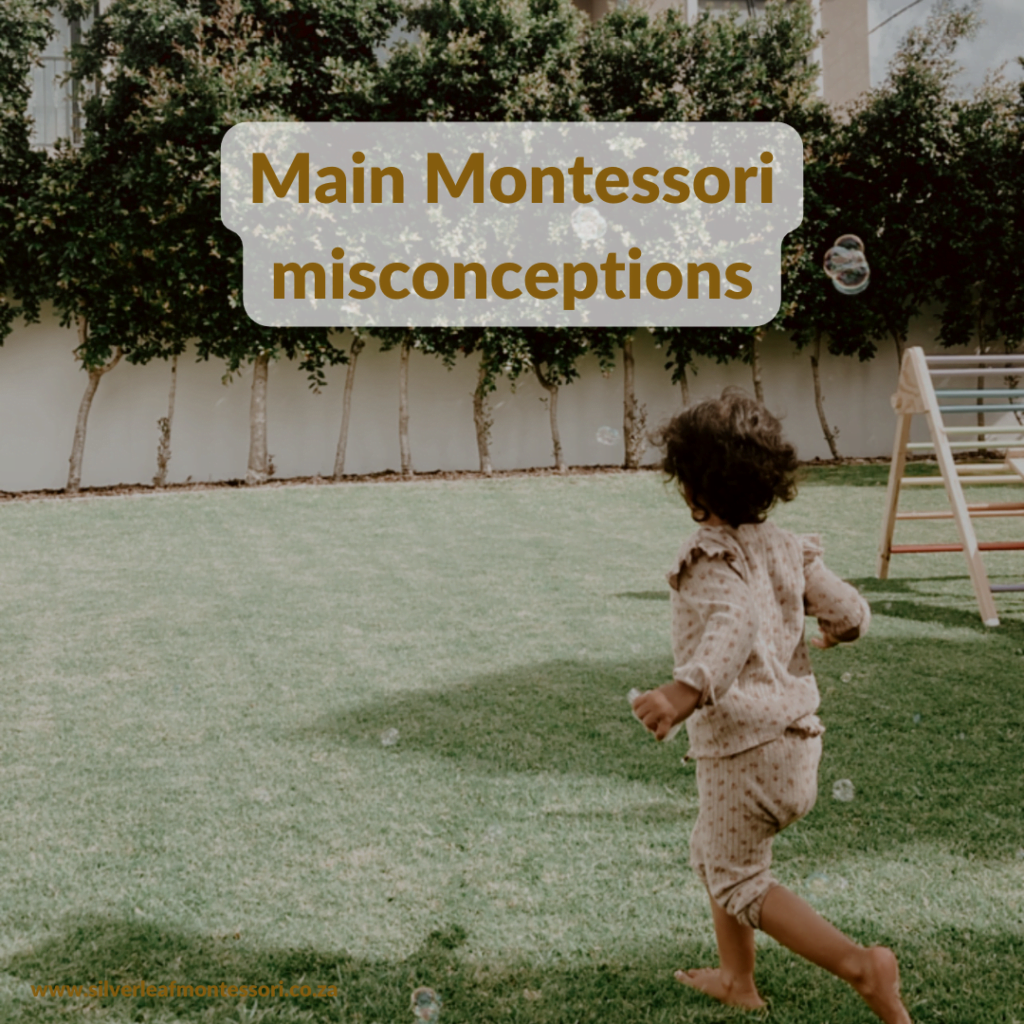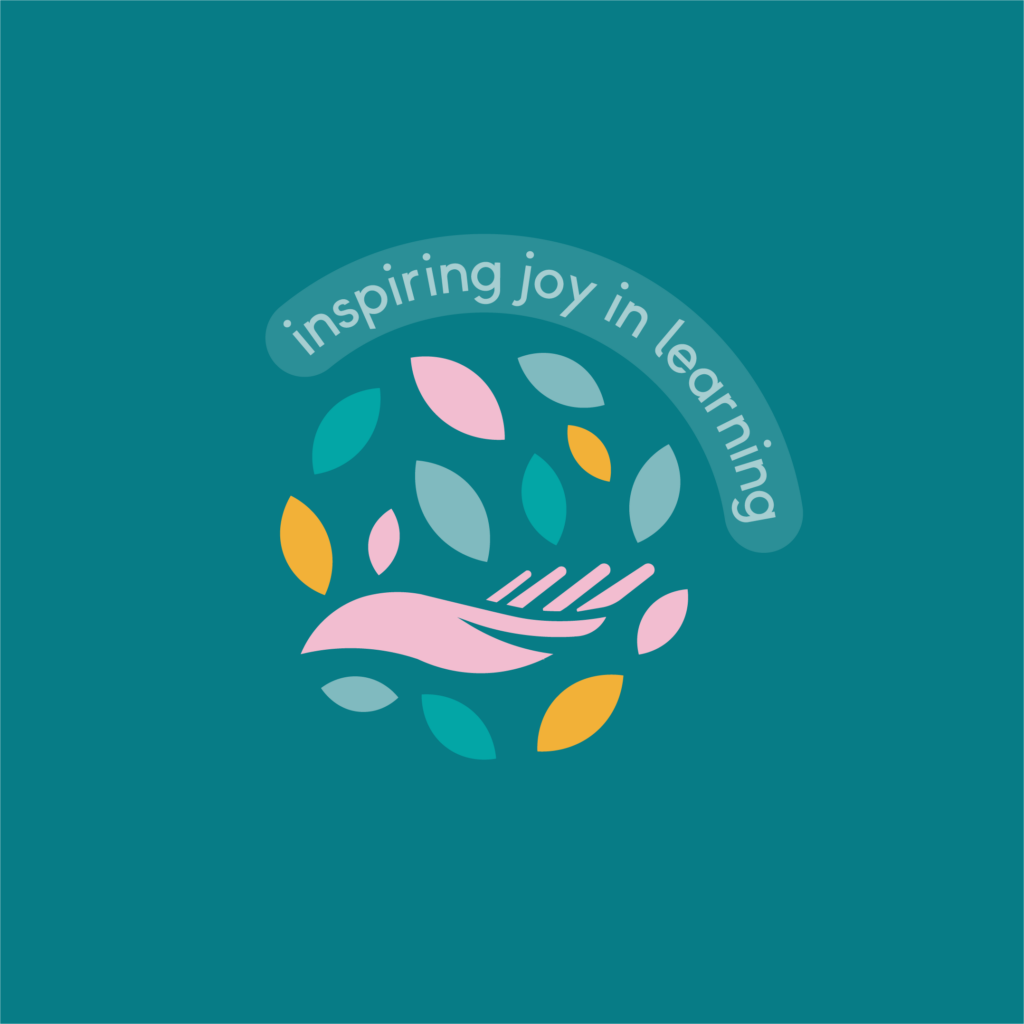Montessori education is often surrounded by various misconceptions. Here are some of the main misconceptions people may have about Montessori:
1. Montessori is only for gifted or special needs children: One common misconception is that Montessori education is designed exclusively for gifted children or those with learning disabilities. In reality, Montessori is an inclusive educational approach that benefits children of most abilities and backgrounds. It promotes individualised learning and allows each child to progress at their own pace.
2. Montessori is unstructured and lacks discipline: Some people believe that Montessori classrooms are chaotic and lack structure and discipline. However, Montessori education emphasises a well-prepared environment with clear guidelines and expectations. It provides children with freedom within limits and teaches them self-discipline, responsibility, and respect for others.
3. Montessori is too lenient and permissive: Another misconception is that Montessori classrooms allow children to do whatever they want without guidance or boundaries. In reality, Montessori education promotes freedom with responsibility. While children have choices and independence, they also learn to respect the needs and rights of others, follow rules, and take responsibility for their actions.
4. Montessori is anti-technology: Montessori education is sometimes mistakenly viewed as being against the use of technology. While Montessori emphasises hands-on, experiential learning, it does not completely exclude technology. Montessori schools may incorporate developmentally appropriate technological tools and resources when they align with the educational goals and principles of the approach.
5. Montessori is only for preschool or early childhood: Some people believe that Montessori is limited to the early years of education. While the Montessori approach originated in early childhood education, it has been expanded to include elementary, middle, and even high school levels. There are Montessori schools that offer a complete educational continuum, providing a consistent approach throughout a child’s academic journey.
It is important to understand that Montessori education is a comprehensive philosophy with its unique principles and practices. Misconceptions can arise when people have limited exposure or inaccurate information about the approach.


